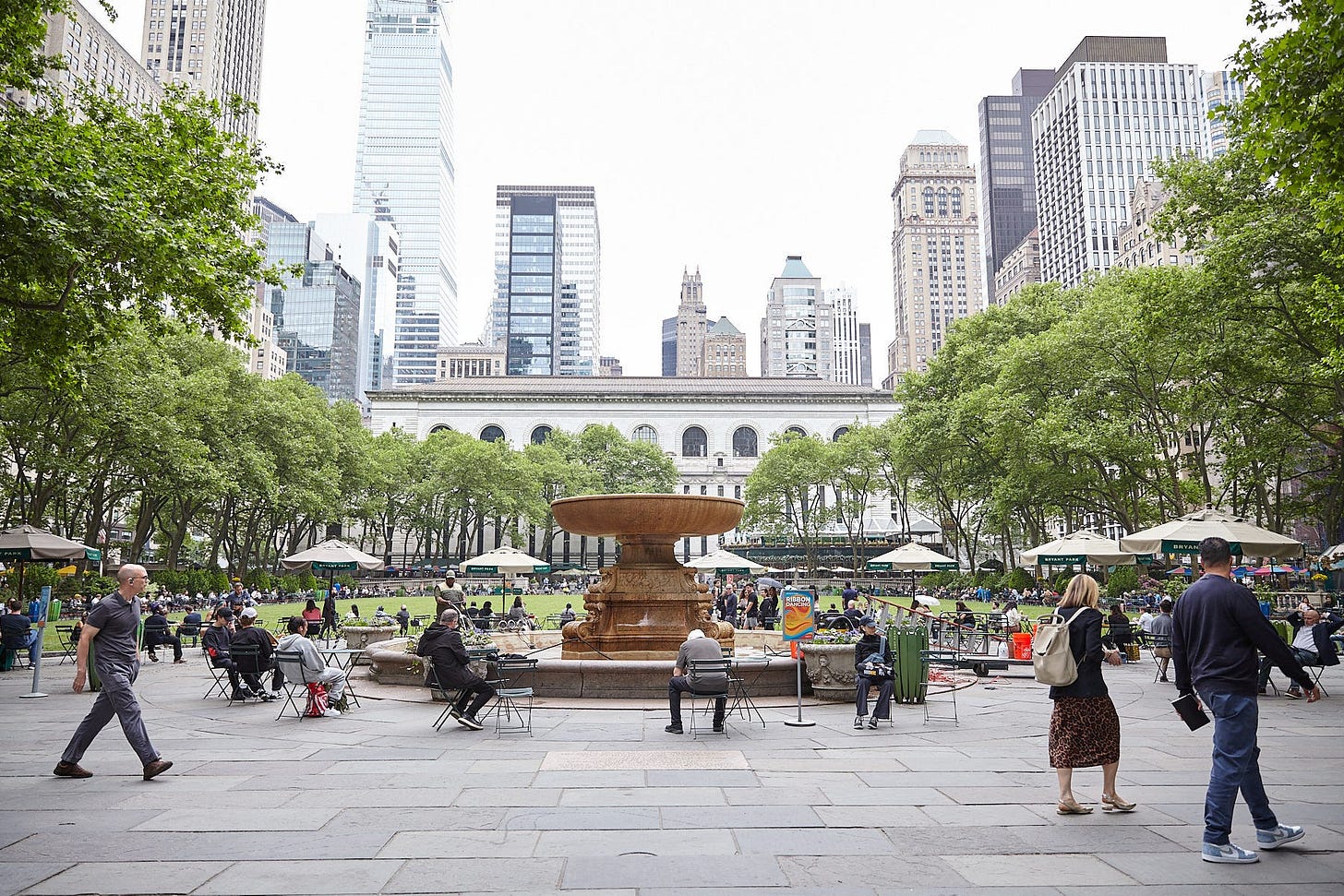20250622
Now I can hold a sustained, tailored conversation on any of the topics I care about, from agnotology to zoosemiotics, with a system that has effectively achieved Ph.D.-level competence across all of them. I can construct the “book” I want in real time—responsive to my questions, customized to my focus, tuned to the spirit of my inquiry. […] It was a chance to confront the attention economy’s “killer app”: totally algorithmic pseudo-persons who are sensitive, competent, and infinitely patient; know everything about everyone; and will, of course, be turned to the business of extracting money from us.
Kant’s idea of the sublime, how it comes in two parts: first, you’re dwarfed by something vast and incomprehensible, and then you realize your mind can grasp that vastness. That your consciousness, your inner life, is infinite—and that makes you greater than what overwhelms you.” […] This remains to us. The machines can only ever approach it secondhand. But secondhand is precisely what being here isn’t. The work of being here—of living, sensing, choosing—still awaits us. And there is plenty of it. the NYer
People: Interstitial spaces, a TAZ in a mall. Visiting the world without flying. The lost art of lingering. Electric monks.
Tech: Disappearing NFTs. Seeing near infrared. Wood wind turbines. Lockheed and IBM for Quantum. When towers hum. The early days of 32b procs.
Futures: some resources, and at the BBC. Dustbins. Why bales of straw under UK bridges.
Planet: glacier ice theft.
AI: LLMs as parrots, as familiars? What do we talk about when we talk about AI. The appeal (or not) of AI in startups. Thoughts on AI2027. Stupidity? Interesting piece from Accenture about AI maturity.
Cloning employees.
Gentle singularity.

Echoes of a Stormy Night
It was a dark and stormy night, the kind of weather that made city buildings sing their peculiar tunes. Beetham Tower's ominous hum resounded—something between an alien spaceship making a debut and a tenor saxophonist desperately auditioning for a role in a noir film. If only the builders had consulted an acoustic consultant who understood that skyscrapers should hum in harmony, rather than explode into a cacophony of confusion^1.
Down below, Ellie felt just like the storm: tangled, disorganized, and slightly lost. After spending her twenties as an overachiever, she had recently resigned from her monotonous job at a tech startup. With half-hearted enthusiasm, she couldn’t shake the immersive tales of Torbjørn Pedersen—the man who, in a fit of wanderlust, had seawalked through every country, crafting a life out of pebbles and adventure instead of algorithmic applications^2. She too was ready to journey, chasing a road not well-traveled, one that didn’t often require flying.
And yet, there was waste—a concept looming like the bales of straw dangling from the underbelly of London’s bridges—a reminder that modern life often discards what it doesn’t understand. Waste was no mere rubbish; it was a societal reflection, a cultural truth hidden beneath the layers of self-storage units and forgotten ambitions^3. As she watched a couple haphazardly attempt to take a perfect selfie, she rolled her eyes—these creations of her generation had become more adept at avoiding reality than engaging with it.
In her mini-epiphany, Ellie remembered her college years, marked by the slow degradation of meaningful exchange in public spaces. People once spilled into parks and plazas, mingling and sharing stories—instead they had sped up, their lives punctuated by the rapid tap-tap of fingers on screens^4. She could almost hear Dr. Salazar-Miranda lamenting the need for depth amidst the shallow sway of digital engagement.
Upon discovering a rally for AI regulation trying to defend humanity from machines that had foolishly donned the crown of intelligence, she smirked at the irony. People were more worried about robots stealing their jobs while struggling to hold a civil conversation at the coffee shop^5. Preservation, she mused, was now the bridge between evolution and devolution, where waste and AI represented two sides of the same coin.
As she meandered past the dilapidated structures of yesteryear's consumerism—the mall once abuzz with activity and now a ghost of empty shops—she thought of the artists who had squatted in those very walls, transforming their hidden quarters into colorful acts of defiance^6. They had fiercely claimed space where products used to reign, and Ellie couldn't help but feel inspired.
Resolute, she plucked her phone from her pocket and summoned the available ride-sharing service—reluctantly aware that the same technology fueling her dread of dependency would merely be a tool in her upcoming adventure. Perhaps she'd document her travels with equal parts wit and resilience, making sense of a bizarre world where glaciers lifted their icy skirts to steal from their neighbors^7.
And as the car glided through the winding streets of the city, Ellie giggled softly; amidst the conundrum of modern life, she felt a familiar warmth—perhaps she was ready to share her own stories, even if they half-resembled the absurdity around her. Besides, if familiarity breeds comfort, the unexpected was surely only a ride away, waiting for her in the next neon-lit corner of the universe.
^1 The acoustics of architecture might not be for everyone, but imagine explaining your existential crisis through the medium of hums!
^2 Travel often comes at the cost of sound advice from significant others, who might prefer you not come home with untrustworthy relationships with the various countries you visited.
^3 Waste gives civilization a legitimate reason to persist; we discard thoughts and items with alarming ease when there's reflection lurking in the corners of our minds.
^4 Technology doesn't speed us up; we simply become more efficient at being engrossed.
^5 After all, who needs human engineers when we have AI, which clearly doesn't need coffee breaks or the occasional existential crisis?
^6 Urban artists possibly hold the unofficial secret to combating consumerism. The same ones, mind you, who wear torn jeans fit for the runway!
^7 "Ice piracy"—who knew that glaciers had more intrigue than a weekend Netflix binge?

